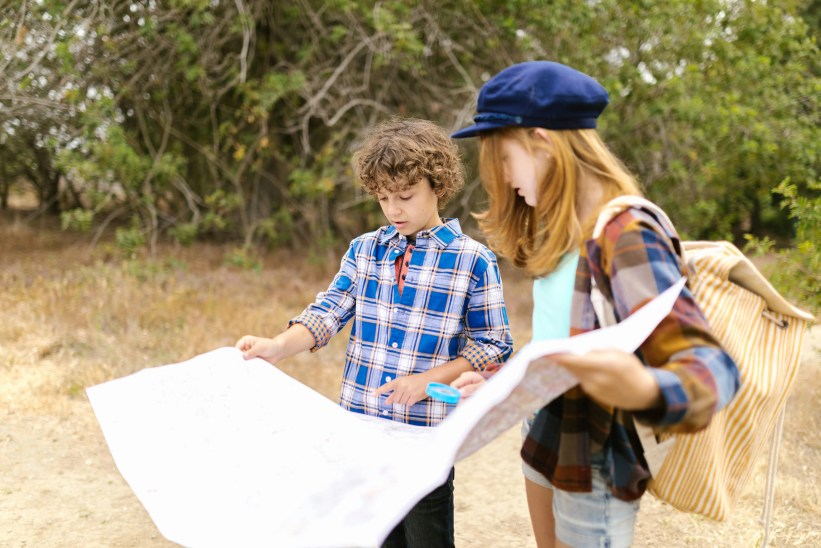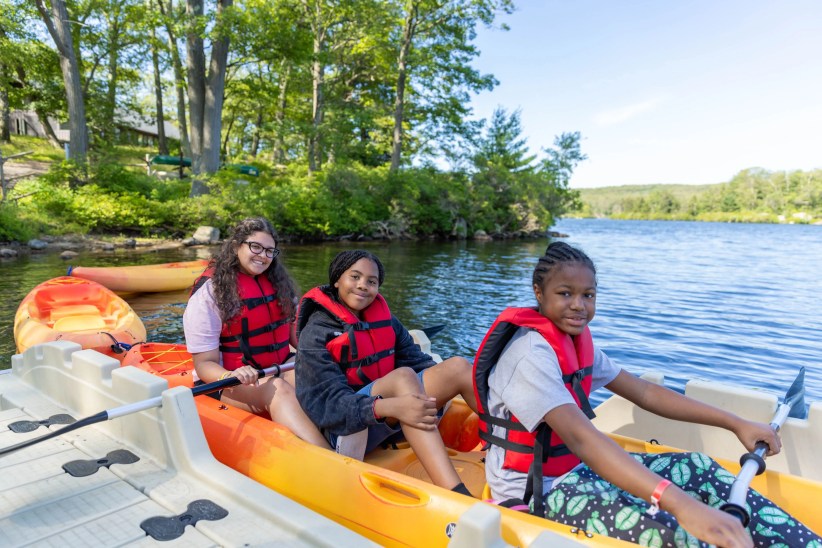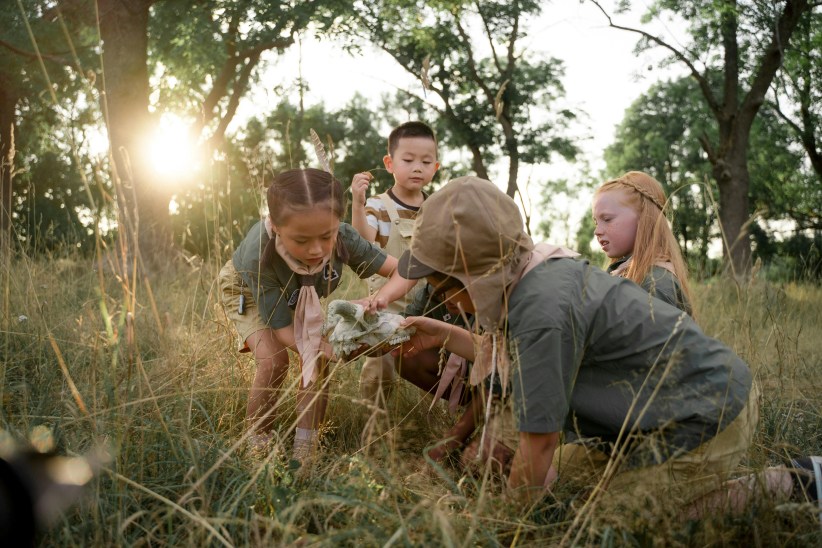
If you’re considering day or sleepaway camp for your child next summer, a good way to get a feel for a certain program is to tour it this summer. Scheduling tours a year earlier gives the future camper and the entire family a chance to see camp as it really is—and there’s no better way to understand the camp’s culture and offerings.
“Touring a camp is a very helpful component in selecting the right camp for your child,” says Sam Borek, owner and Director of Woodmont Day Camp, a day camp in New City, NY. “You can really get a feel for the director, philosophy of the camp, and the program. I wouldn’t get caught up in the facilities or ‘look’ of the camp, but rather your gut feel for the camp that is the perfect fit for your child.”
During camp tours, families can observe children taking part in all of the camp’s fun activities, see the bunks, and get a layout of the campgrounds. Tours also give parents a chance to ask the camp director key questions and see if they have a good feeling about the person running the program.
“We’ve heard parents comment that ‘all camps are alike,’ but camp is about more than the basketball courts, baseball fields, swimming pools, and other facilities,” says Justin Mayer, Director of Timber Lake West, a coed four-week resident camp in Roscoe, NY. “Choosing the right camp for your child is about the feeling you get when you’re touring it. Do you see your child fitting in here? Do you feel the warmth, spirit, and traditions? Do you feel comfortable with the directors and staff who will be taking care of your most prized possession—your child? This is why touring is so important for families.”
Deb Dictrow, the parent of three daughters says, “We were looking for a good rapport with the camp director. Don’t make a camp decision based on a nice building. You want to get a good, warm feeling from the camp director and feel like he or she cares.”
If you can’t tour a camp that you’re interested in during the summer, consider scheduling a tour in the off season if possible, so you can see the facilities and still get a feel for the camp environment. There are many summer camps to choose from and visiting can help families narrow down the options while also giving a child the feeling that he or she is part of the process of choosing the camp. The more involved a child feels in the decision making, the more successful the camp experience is likely to be. Understandably, most parents consider tours of sleepaway camps to be more essential than tours of day camps. But even if your child is staying local, a tour can really help the family feel confident in your choice.

Lee Ann Stern toured numerous day camps to find the right day camp for her sons. “Since we live in the city, it was important for me to find a camp that was suburban in feeling, spread out, protected, and self-contained,” says Stern. “My son goes to a large school, so I was also looking for a smaller, nurturing environment, and since I work full-time, I also wanted a camp that was going to make my life easier by providing towels, snacks, and lunch. Given that we were new to evaluating which camp would be best for our children, seeing the camps in person really helped concretize which camp would be best for our sons.”
An alternative to the camp tour are Rookie Days or Rookie Weekends. Camps call these days or groups of days various names; however, they’re similarly intended to give future campers a chance to experience the camp in session. During Rookie Days, future campers take part in the camp activities and sometimes stay overnight in a bunk. While children are enjoying the activities, parents can take a tour of the campgrounds. This experience helps kids get a real feel for a day in the life of a camper and can be a great way for children and parents to get a sense of what the camp is like to determine if it’s the right fit for them.
“Each camp is different and has its own feel and culture,” says Renee Flax, Director of Camper Placement for the American Camp Association, NY and NJ. “Touring during the summer allows families to observe a camp in action and get a good sense of whether the camp is the right fit for their child.”
To read a sidebar on choosing the right camp without touring it, click here.






















